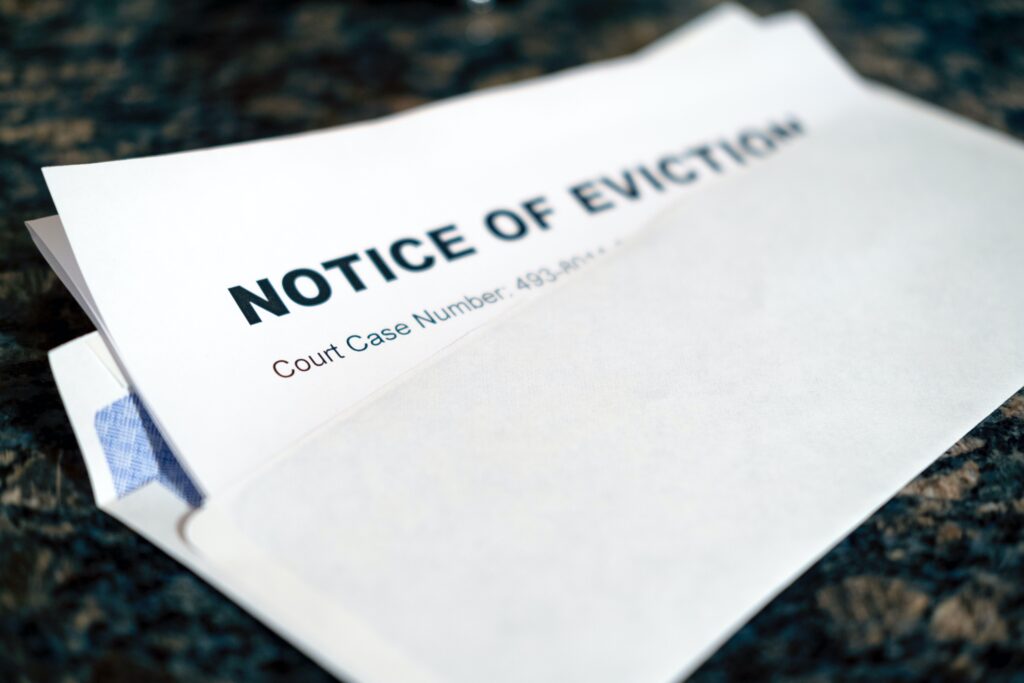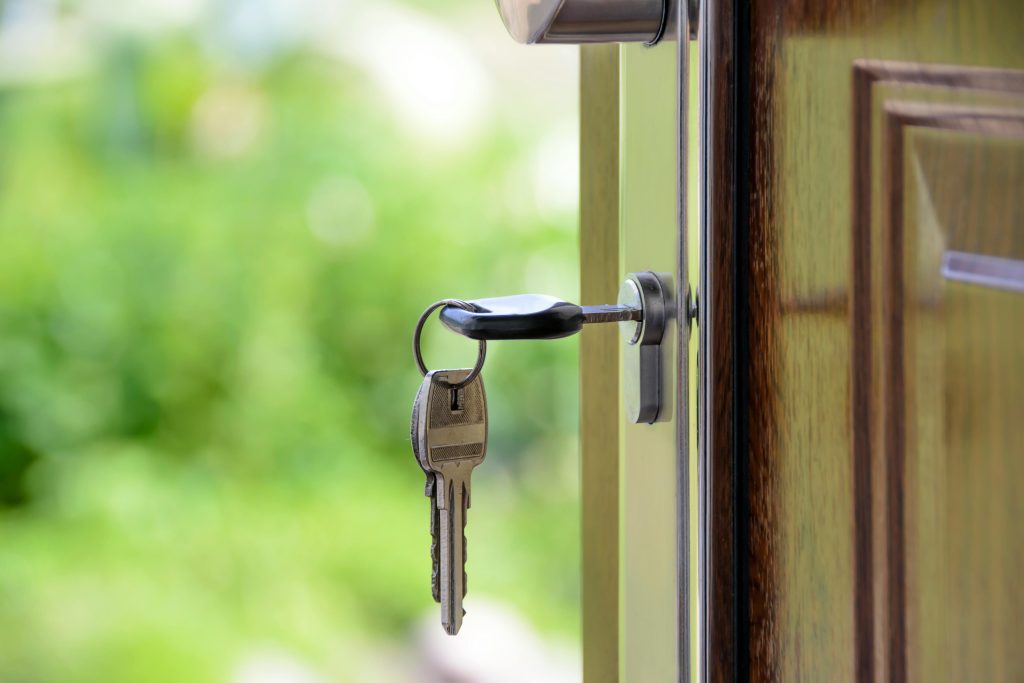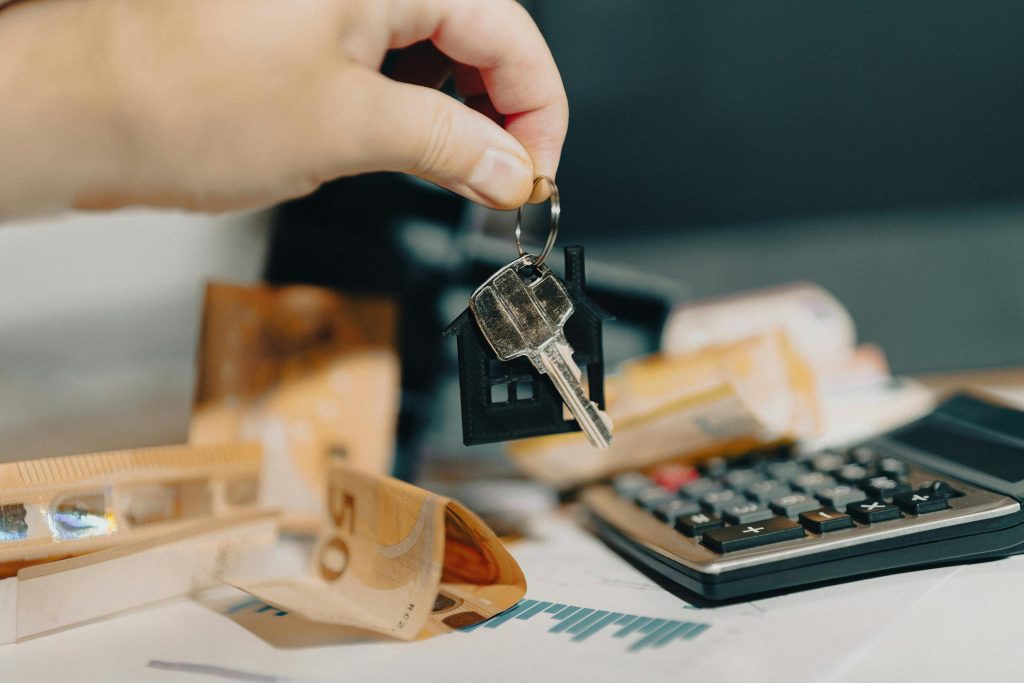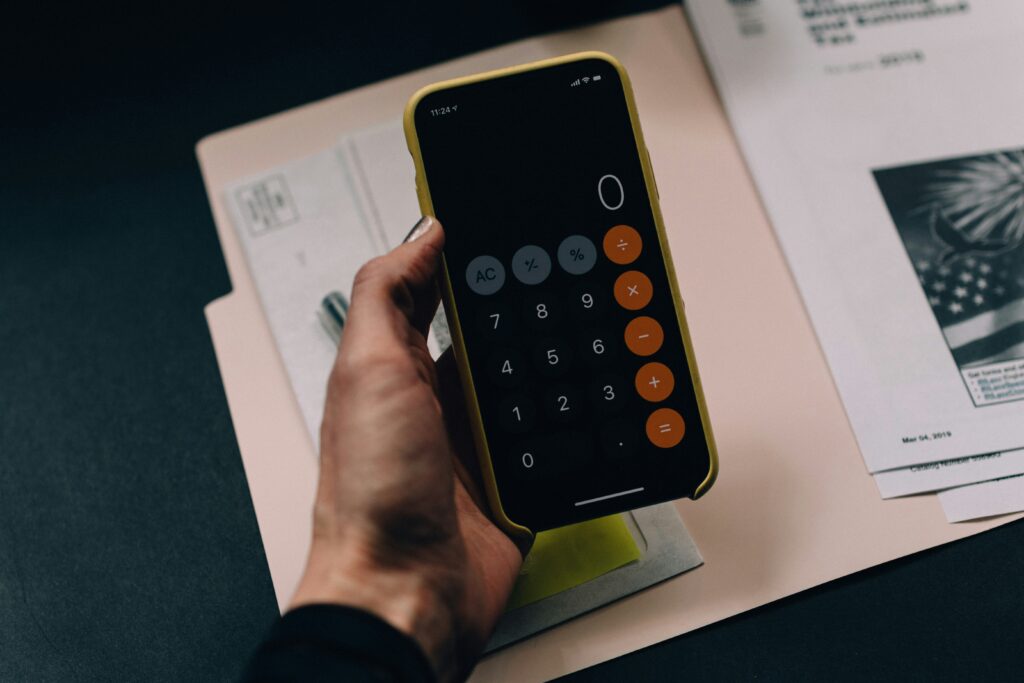Even though land registration’s been mandatory for certain transactions in England and Wales since 1990, there’s still a fair chunk of land out there that remains unregistered. In fact, about 12–13% of land is still off the books. That might not sound like a lot – until you’re dealing with one of those unregistered properties.
So if you’ve just inherited a property, bought one without realising it’s unregistered, or are sitting on one that’s been in the family for decades, you might be wondering: What does it actually cost to register it? And more importantly: Should you bother if you don’t technically have to?
Here’s everything you need to know – plain and simple.
What Is Unregistered Property?
Registered land is on HM Land Registry’s digital database. It’s quick to prove ownership and easy to update when the property changes hands.
Unregistered land, on the other hand, relies on old-school title deeds – paper documents, often decades old, sometimes incomplete. If they’re lost or damaged? You’ve got a headache on your hands.
Here’s a simple comparison:
| Feature | Registered Property | Unregistered Property |
| Ownership Proof | Online HM Land Registry record | Bundle of original paper deeds |
| Risk of Fraud | Low – title is guaranteed | Higher – fraudsters target gaps |
| Selling or Gifting | Straightforward | Slower, first registration needed |
| Legal Certainty | High – guaranteed by the state | Depends on deed quality |
When Must You Register a Property?
You can’t just ignore unregistered status forever. Certain events force you to register:
Triggers for Compulsory First Registration:
- Sale or transfer (freehold or leasehold over 7 years)
- Gifting (via deed of gift or assent)
- Mortgage or remortgage
- Transfer due to divorce or court order
- Transfers between co-owners
Once any of those things happen, you’re legally required to register it – and within two months too.
For anyone not facing a legal trigger, voluntary registration is always an option – and often a smart one (more on that below).
How Much Does It Cost to Register an Unregistered Property?
HM Land Registry Fees (2024)
The Land Registry charges based on the value of the property and based on how you apply.
| Value or amount | Apply by post | Apply using the portal or Business Gateway, for transfers or surrenders which affect the whole of a registered title | Apply using the portal or Business Gateway, for registration of all leases and transfers or surrenders which affect part of a registered title | Voluntary first registration (reduced fee) |
| 0 to £80,000 | £45 | £20 | £45 | £30 |
| £80,001 to £100,000 | £95 | £40 | £95 | £70 |
| £100,001 to £200,000 | £230 | £100 | £230 | £170 |
| £200,001 to £500,000 | £330 | £150 | £330 | £250 |
| £500,001 to £1,000,000 | £655 | £295 | £655 | £495 |
| £1,000,001 and over | £1,105 | £500 | £1,105 | £830 |
Additional Costs to Consider
- Solicitor/conveyancer fees: Usually £300–£800 + VAT depending on complexity
- Land Registry search fees: Typically £3–£6
- Valuation fees: Rare unless needed for probate or CGT reasons
So altogether, you might be looking at anything between £400 to £1,000+, depending on property value and legal help needed.
Voluntary vs Compulsory Registration – Is It Worth It?
You might be thinking: If I’m not legally required to register, why bother?
Well, voluntary registration gives you several long-term benefits – plus a discount on the fee. And if you’re ever planning to sell, gift, or remortgage the property, you’ll need to register it anyway. So why not take care of it now?
Benefits of Voluntary Registration
Here’s what you get when you register voluntarily:
- Clear proof of ownership – no need to dig out musty old deeds
- Legal protection against title fraud
- Makes future sales or transfers faster and simpler
- Digital record with HM Land Registry – accessible anytime
- 25% discount on the registration fee
You’re essentially futureproofing your ownership. And once registered, you’ll get a government-guaranteed title that’s far easier to manage going forward.
When Voluntary Registration Makes Sense
- You’ve inherited a home and want clarity over ownership
- You’re thinking about selling or remortgaging in the near future
- You want peace of mind in case the original deeds go missing
- You own rural land or older family property that’s never changed hands
Important: If you lose unregistered paper deeds without having registered the property, proving your ownership later can be a nightmare – or in some cases, nearly impossible.
Common Situations That Involve First Registration
Still unsure whether this applies to you? Let’s break down some typical cases where first registration becomes relevant.
1. Probate (When Someone Dies)
If you’re the executor of an estate and the deceased owned unregistered property, you may need to register the title before or after the estate is distributed. This helps confirm legal ownership and can smooth out any complications with beneficiaries.
2. Selling or Gifting Property
Whether you’re transferring the property to family or selling it outright, it must be registered to complete the transaction. No buyer (or mortgage lender) will touch unregistered land.
3. Remortgaging
Lenders typically insist on registration before releasing funds. No registration? No remortgage.
Step-by-Step: How to Register an Unregistered Property
If you’ve got an unregistered property on your hands, here’s what the process of registering it actually involves:
1. Check if the Property Is Unregistered
The simplest way is to use the HM Land Registry Index Map Search or pay a solicitor to check. If there’s no title number or digital record, it’s unregistered.
2. Gather Your Title Deeds
You’ll need the original paper trail – ideally covering at least 15 years of ownership. These include:
- Original conveyance documents (sale contracts)
- Mortgages (including discharged ones)
- Assents (if inherited)
- Any deeds of gift or transfer
- Plans showing the property boundaries
The more comprehensive your documentation, the smoother the registration.
Lost or incomplete deeds? Don’t panic. You can still register with a ‘possessory title’ or reconstructed history – but it’s more complex and may need statutory declarations or legal affidavits.
3. Complete the Forms
You (or your solicitor) will need to complete:
- Form FR1 – the application for first registration
- Form DL – a document list of what you’re submitting
- Form ID1 – identity verification (if you’re submitting the application yourself)
Attach a scaled plan (based on OS map) if the property boundaries aren’t clear.
4. Pay the Land Registry Fee
Refer back to the fee scale mentioned earlier.
5. Submit the Application
Send your forms, deeds, plan, and payment to HM Land Registry. If you’re using a solicitor, they’ll handle this for you via the Land Registry portal.
6. Wait for Confirmation
Registration can take anywhere from a few weeks to a few months depending on workload, complexity, and completeness of your paperwork.
Once complete, you’ll receive:
- A title number
- A registered title plan
- Confirmation of ownership recorded in the public land register
That’s it – you’re officially part of the digital age.
Can Property Rescue Help If You’re Selling an Unregistered Property?
Absolutely – this is where we shine.
At Property Rescue, we’ve handled hundreds of unregistered properties over the years. So if you’re worried about outdated deeds, lost paperwork, or long delays – don’t be. We handle the legal bits for you as part of the process of you selling your property to us.
Here’s how it works if you want to sell us an unregistered property:
- We pay top class solicitors to register your property with HM Land Registry. You don’t need to find a solicitor, or complete the forms.
- We buy your newly registered property directly from you for cash
- Your property is sold in just a couple weeks.
No Upfront Fees or Listing Hassles
You won’t pay for:
- Legal or conveyancing costs
- EPCs or estate agent fees
- Land Registry search charges
We cover Everything.
You can get a free, no-pressure cash offer from us now
No agents. No fees. No waiting. Just results.








